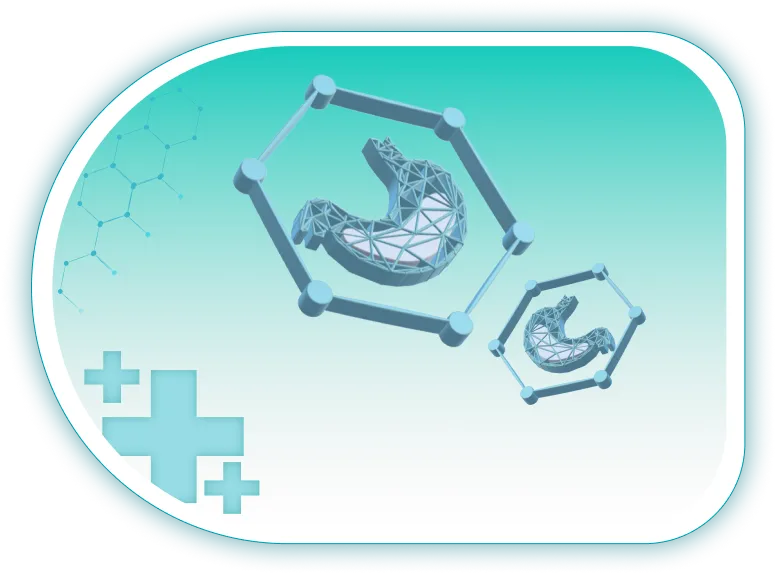
Dr. Sebastian Cuzincu
Gastroenterology and Internal Medicine





Noticing blood in your stool? This could be a sign of a serious condition like hemorrhoids, gastrointestinal bleeding, or even colorectal cancer. At German Medical Center, our specialists are here to provide an accurate diagnosis and effective treatment options. Don’t ignore the warning signs—get professional care and peace of mind with our comprehensive, personalized solutions to ensure your health and well-being.
By booking an appointment with German Medical Center.
Our team of experts are passionate about providing only the best quality care and treatment to their patients.

Gastroenterology and Internal Medicine
The symptoms of stool with blood and pain, also known as rectal bleeding, can vary depending on the underlying cause. However, some common symptoms that may indicate the presence of blood in the stool include:
It’s important to note that not all cases of rectal bleeding are accompanied by symptoms, and some people may not notice any changes in their bowel habits or overall health. That’s why it’s important to pay attention to your body and seek medical attention if you notice any unusual changes or symptoms.
There are several potential causes of blood in the stool, ranging from relatively benign to serious conditions. Some common causes include:
It’s important to note that not all cases of rectal bleeding are serious, but it’s always important to seek medical attention to determine the underlying cause and receive appropriate treatment.
The treatment options for blood in the stool depend on the underlying cause of the bleeding. Some common treatment options include:
It’s important to seek medical attention if you are experiencing rectal bleeding or any other concerning symptoms. A healthcare provider can help determine the underlying cause of the bleeding and recommend appropriate treatment options.
If you are experiencing constipation, it is important to seek medical treatment for constipation from a qualified healthcare...
If you are experiencing abdominal gas and bloating, it's important to take action to alleviate your symptoms....
Jaundice is a medical condition that occurs when the level of bilirubin, a yellowish pigment produced during the breakdown of red...
No results found.

Partner with:
Partner with:


German Medical Center is one of the leading medical institution in Dubai formed by a group of specialists who are passionate about providing the personalized care tailored to the patient's unique needs.
Fill out our easy online form to book an appointment with German Medical Center. Our team of experts is dedicated to providing you with personalized care and guidance every step of the way. Don't wait, take charge of your well-being and schedule your appointment now!